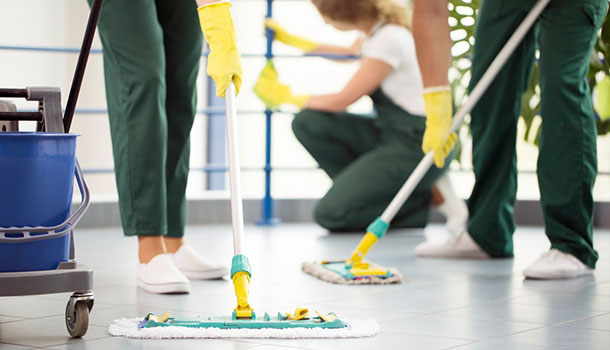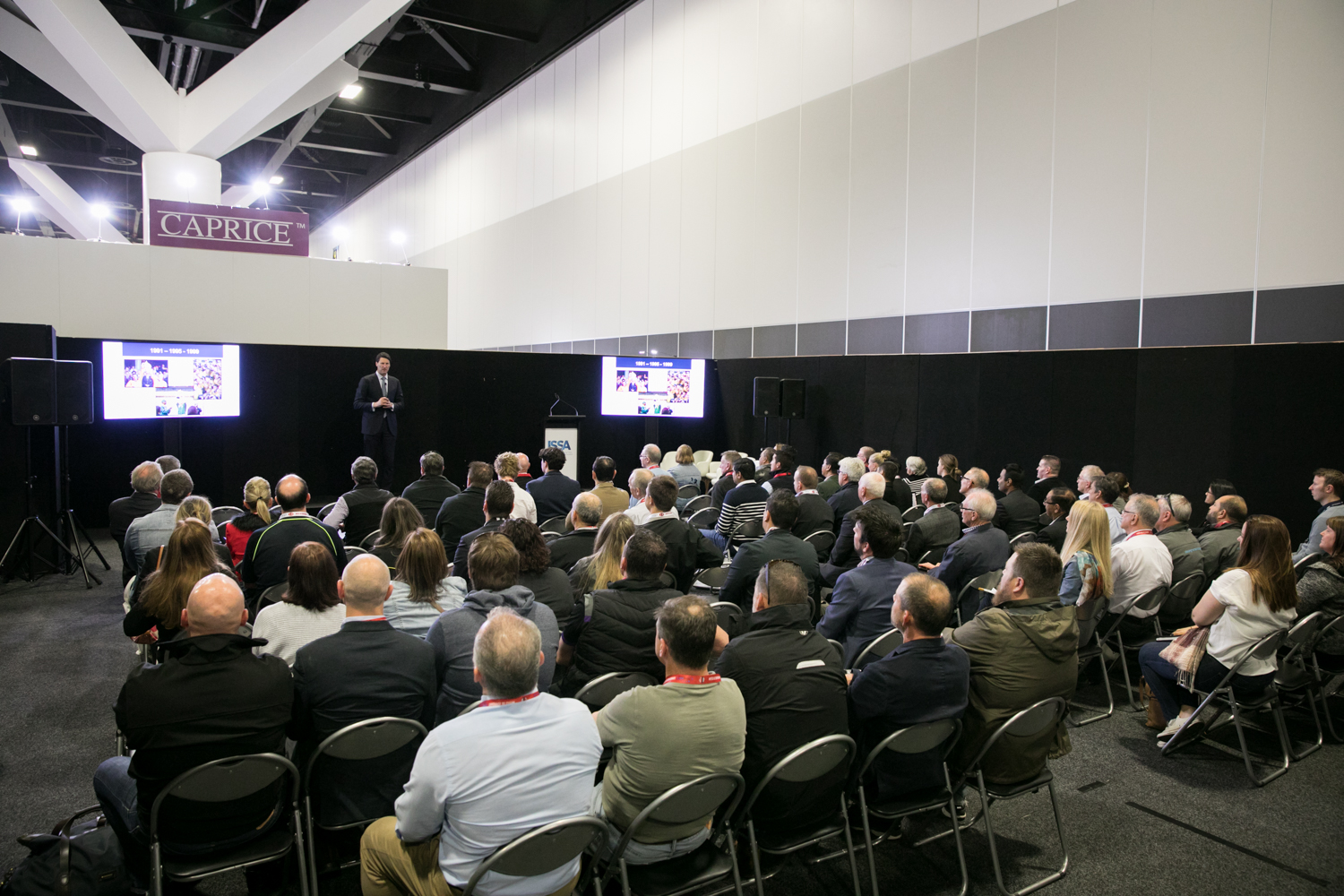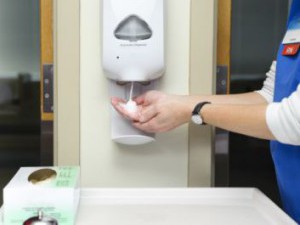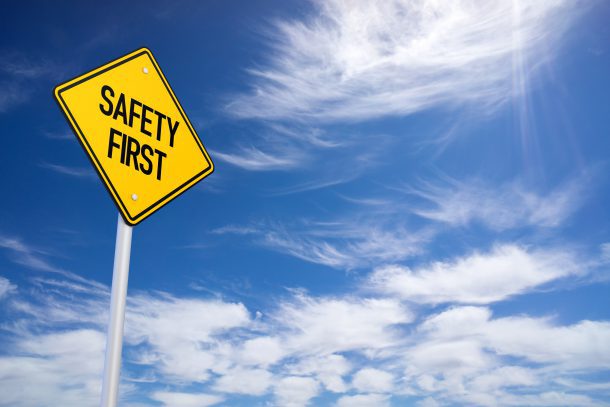
Qantas, Jetstar and Air New Zealand have introduced a range of new health and safety measures including masks on board, hand sanitising stations and enhanced aircraft cleaning, as the airlines prepare for travel restrictions to be eased.
Qantas and Jetstar announced it will roll out a series of wellbeing improvements to give peace-of-mind in preparation for domestic travel restrictions easing.
The ‘Fly Well’ program brings together a number of temporary measures already in use by the Qantas Group and represents a combination of best-practice medical advice and feedback from customers.
Rolling out from 12 June, the key measures at each point of the journey include contactless check-in; the installation of hand sanitising stations at departure gates as well as regular disinfection of security screening points and the installation of hygiene screens at airline customer service desks.
On board, masks will be provided to all passengers on each flight as well as enhanced cleaning of aircraft with a disinfectant effective against coronaviruses, with a focus on high contact areas such as seats, seatbelts, overhead lockers, air vents and toilets.
Sanitising wipes will also be given to all passengers to wipe down seat belts, trays and armrests themselves. The airline said its service and catering will be simplified to minimise touchpoints for crew and passengers.
In addition, the air conditioning systems of all Qantas and Jetstar aircraft are already fitted with hospital-grade HEPA filters.
Qantas Group CEO Alan Joyce said: “Safety is absolutely core to how we operate and that applies to new challenges like managing the risk of coronavirus so people can fly with confidence.
“We’ll continue to work with government and monitor the rollout of these measures closely, which are designed with safety in mind and help people feel comfortable given the new norms that have emerged in response to the Coronavirus crisis,” Mr Joyce said.
Qantas Group Medical Director, Dr Ian Hosegood, said: “The data shows that actual risk of catching Coronavirus on an aircraft is already extremely low. That’s due to a combination of factors, including the cabin air filtration system, the fact people don’t sit face-to-face and the high backs of aircraft seats acting as a physical barrier. As far as the virus goes, an aircraft cabin is a very different environment to other forms of public transport.”
Air New Zealand plans to operate around 20 percent of its usual domestic capacity (compared to pre-COVID-19 levels) during Alert Level 2, with flights to the majority of its domestic airports.
Air New Zealand general manager customer experience, Nikki Goodman, said the airline is looking forward to welcoming more people onboard again and has been looking at all stages of the customer journey to reassure those travelling in the coming weeks that they can do so safely.
“High touch surfaces will be cleaned regularly, and we are taking extra steps to ensure all our aircraft, lounges and airports are cleaned throughout the day. Our jet aircraft are fitted with hospital-grade air systems that filter out viruses. Hand sanitiser will also be available across the airport, kiosks, service desks and all our aircraft for both customers and staff to use as they wish.”
Comment below to have your say on this story.
If you have a news story or tip-off, get in touch at info@3.106.117.80.
Sign up to INCLEAN’s newsletter.


